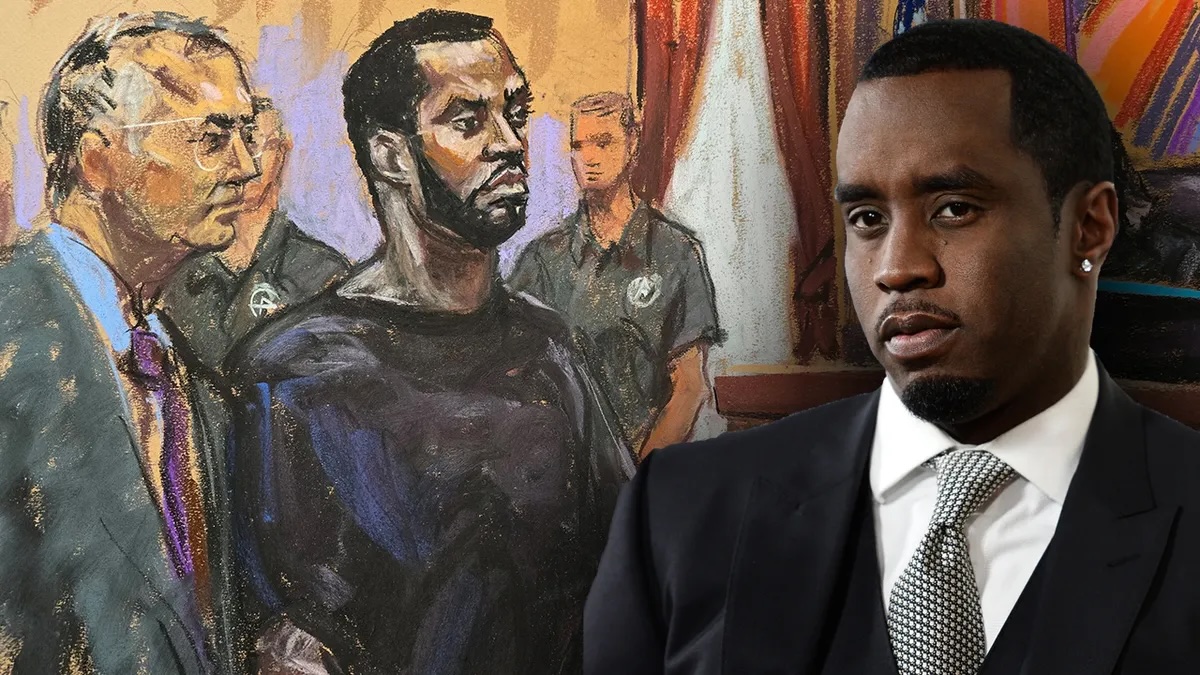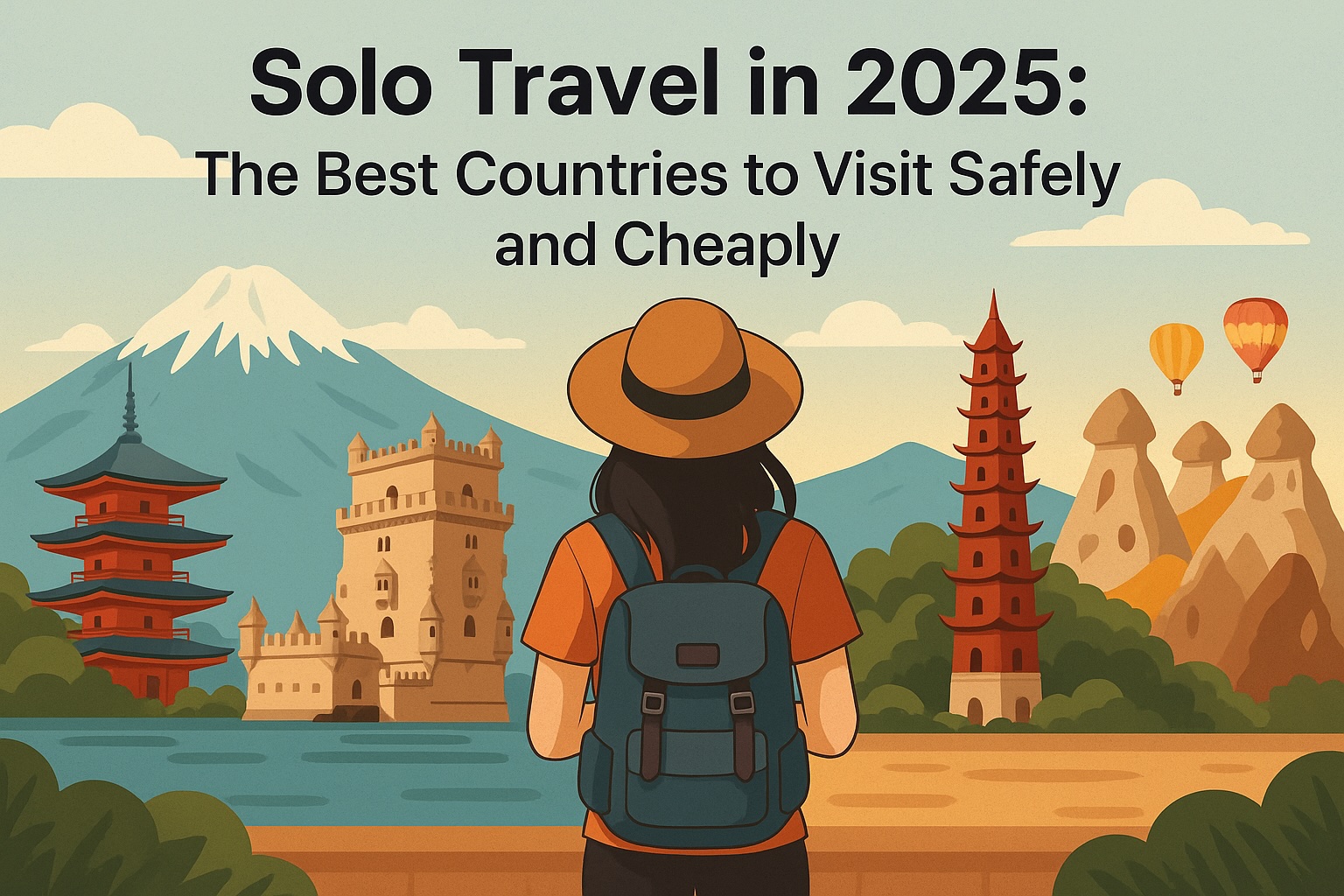In today’s world, where social media and digital platforms shape cultural narratives, we’re often confronted with stories that challenge our sense of morality and societal progress. A recent claim by an OnlyFans (OF) creator, who alleged breaking a record by sleeping with 1,057 men in 12 hours, has sparked outrage and questions about the direction humanity is heading.
Is This Really an Achievement?
Such a claim raises a fundamental question: What defines an accomplishment in today’s world? Traditionally, records were associated with remarkable feats of endurance, intellect, or creativity. However, this “record” seems to reflect a race to push boundaries without regard for dignity, mental health, or societal values.
Can actions that exploit intimacy for shock value be genuinely considered progress? Or is this a disturbing reflection of the growing tendency to seek attention at any cost?
The Role of Platforms Like OnlyFans
The OF platform, once touted as empowering creators to monetize their content on their terms, is increasingly being scrutinized for its role in encouraging hyper-sexualized behavior. Critics argue that this normalization of extreme acts for monetary gain may contribute to the erosion of ethical boundaries and foster a generation where validation is tied solely to views, likes, and profits.
Is it ethical for platforms to profit from content that commodifies intimacy to such extremes? Should there be stricter regulations or societal checks to ensure the content promoted aligns with healthier values?
Exploiting Vulnerabilities
This situation goes beyond the creator’s personal choices. The individual in question reportedly brags about encounters with “barely legal” teenagers and married individuals. Such behavior raises concerns about exploitation, predatory tendencies, and the impact on the mental health of those involved.
Are we doing enough to protect vulnerable individuals, especially young people, from being drawn into such situations? Should more robust safeguards be put in place to prevent exploitation under the guise of consensual agreements?
Family Dynamics and Support
The creator claims her parents, initially unsupportive, now endorse her choices, with her mother reportedly managing appointments. This shift raises a deeper question about family values and societal influence. Is this genuine support or resignation to the pressures of modern culture?
When families condone such behavior, are they enabling harmful trends or merely trying to navigate an ever-changing world? How can families balance support with guiding their loved ones toward healthier life choices?
What Does This Mean for the Next Generation?
This scenario epitomizes a broader societal question: Are we creating a culture where boundaries no longer exist? The glorification of extreme acts and shock value undermines values of respect, consent, and emotional well-being.
If younger generations grow up in a world where such actions are normalized, how will it impact their understanding of relationships, self-worth, and human connection?
The Need for Reflection and Dialogue
This story isn’t just about one person’s choices but a reflection of a larger cultural shift. It’s crucial to question where we draw the line between personal freedom and societal well-being. Open dialogue about these issues can help foster a world where creativity, innovation, and empowerment are celebrated without compromising ethics or humanity.
Where do we go from here? Only time—and our collective choices—will tell.





